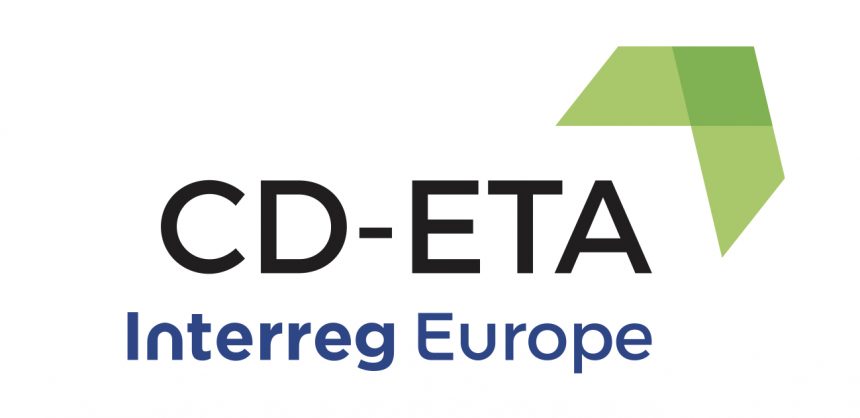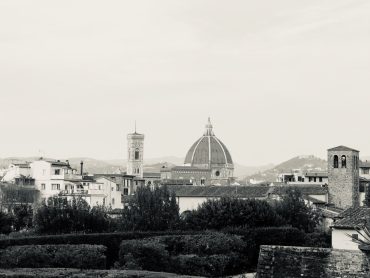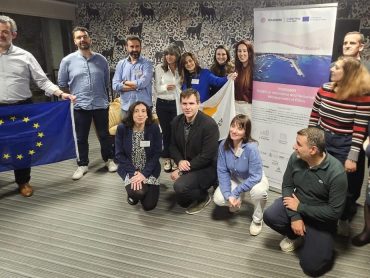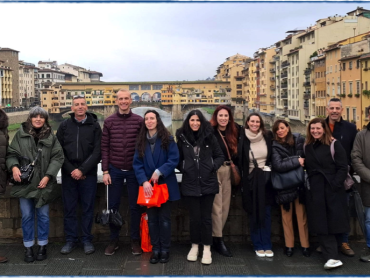
the first phase of CD-ETA project concluded successfully. It’s time for our project to enter its second phase!
As you already know, Interreg Europe helps regional and local governments across Europe to develop and deliver better policy by creating space for new ideas, different perspectives and collective learning.
Through interregional cooperation projects, European partners identify a common interest and then work together for 3-5 years.
Initially, during the first 3-year phase, partners share experience, ideas and know-how about how best to deal with the issue at hand. Each partner region sets up stakeholder groups and produces an action plan.
After this stage, the project enters Phase 2, which is dedicated to monitoring the implementation of action plans and the policy changes resulting from this implementation.
As far as we are concerned, our project has just concluded its first 3-year phase consisting in the organization of Stakeholder Meetings focussing on digitization of natural and cultural heritage with the involvement of representatives operating in the sector of Culture (local/regional/national Authorities, museums and galleries, theaters, libraries, archives, owners of natural and protected areas, institutes, universities, foundations, technology companies).
Interregional Work Meetings and Thematic Seminars have also been organized on issues related to digitization of natural and cultural heritage, thus allowing the identification and exchange of good practices, which are valuable examples for their innovative approach that can ensure conservation, promotion and development of natural, cultural and historical heritage, enhancing cross-border cooperation and capacity building in the sector of digitized cultural heritage.
Most of good practices offer huge opportunities for increasing industrial competitiveness, growth and jobs, thanks to the combination of digital technologies (big data, Internet of Things, high performance computing etc.) with other advanced technologies and service innovation, thus facilitating data sharing and research and also fostering both the development of new business models and spillover effects in sectors such as tourism, education, creative industries and the tech scene.
We have also hardly worked to lay the basic foundation for an Action Plan, which is now going to be signed by the local policy responsible body, the Department for Culture and Research of the Tuscany Region. Our Action Plan embodies the contributions of many interested stakeholders of the reference territory and constitutes indeed an operational tool of great utility for the development the of the region as a whole. The Tuscany Region, like the other policy responsible bodies of the involved member state partners, will support also the on-going phase 2 of the project, which will last for 2 years. It’s time for us to start focussing on monitoring the implementation of our Action Plan and the policy changes resulting from this implementation.
It should be also recalled that our Action Plan was primarily inspired by the interregional learning process and we have to ensure that the lessons learned from the project are not lost! Stay tuned for next steps!



